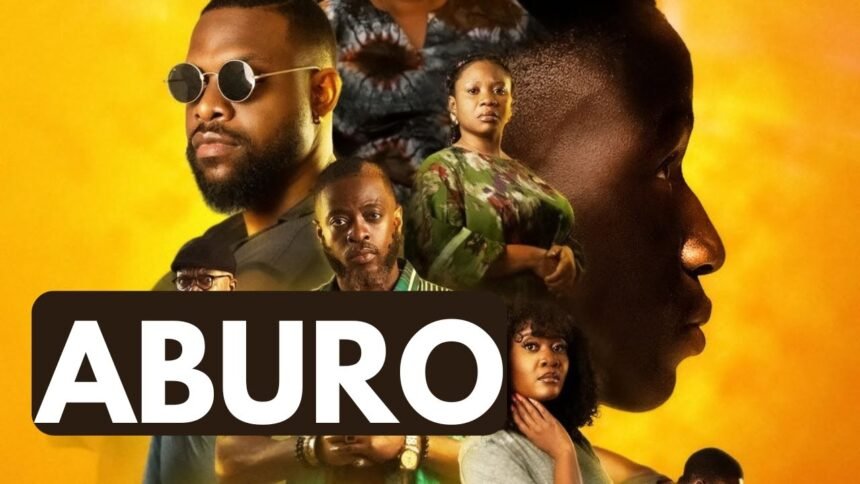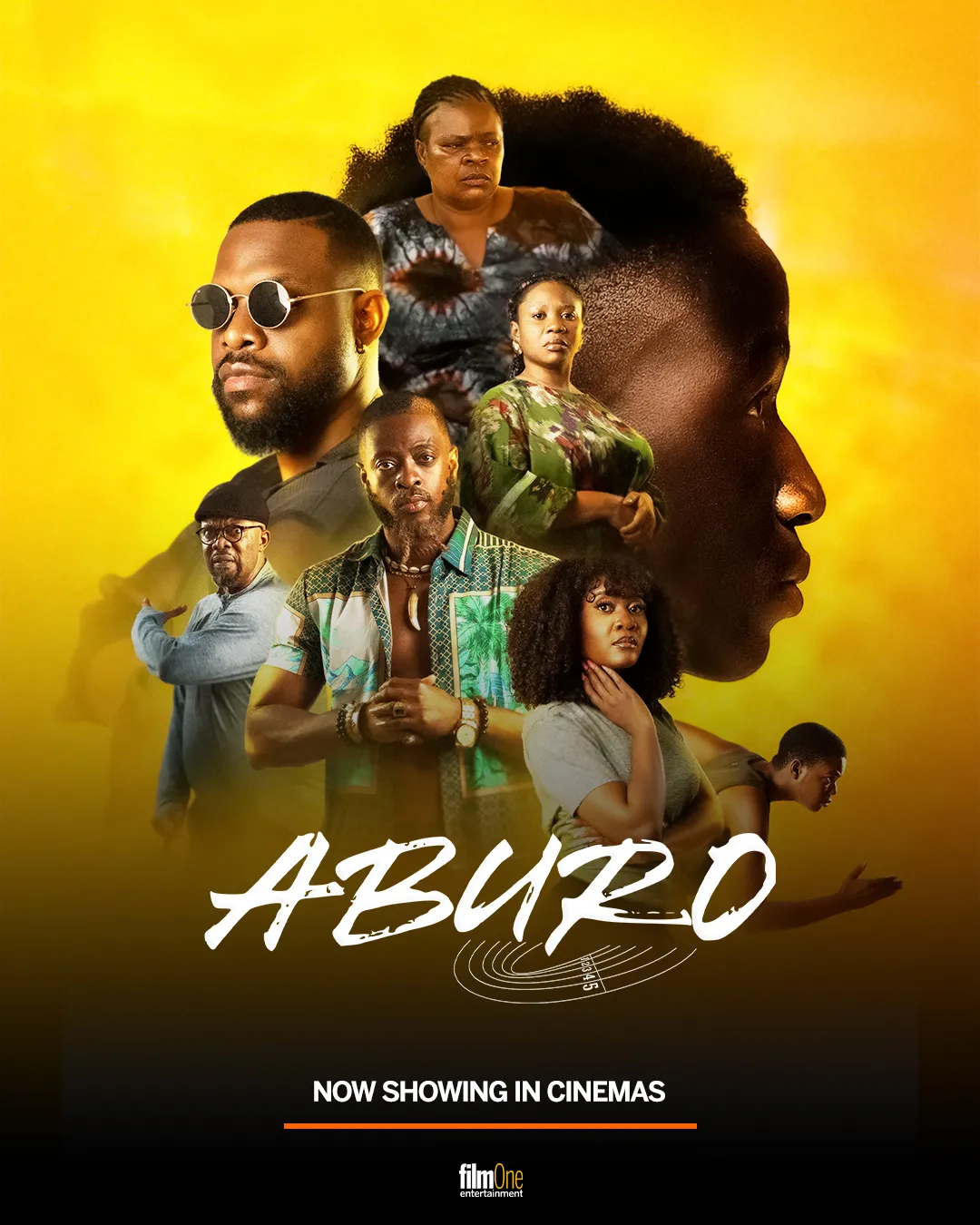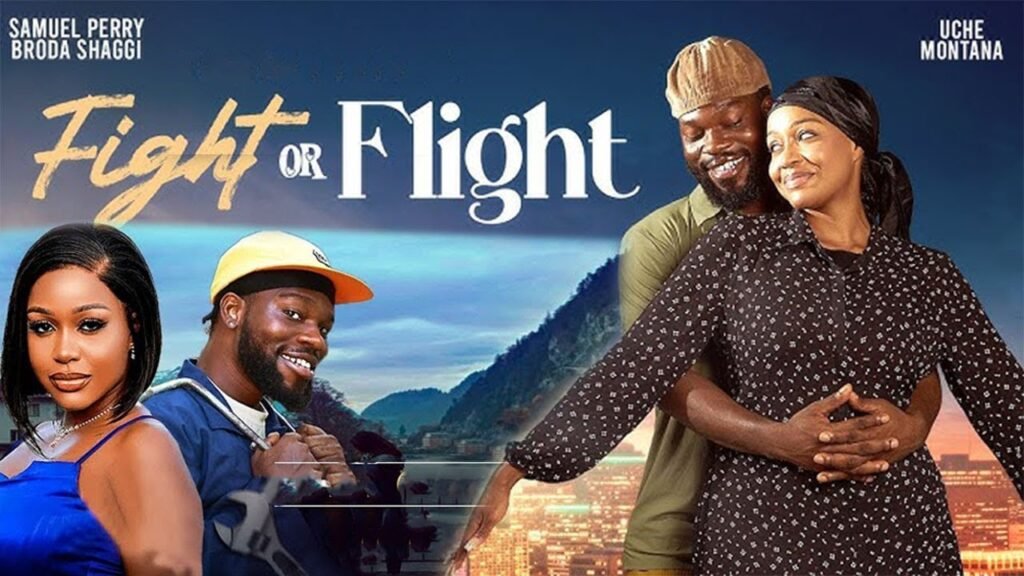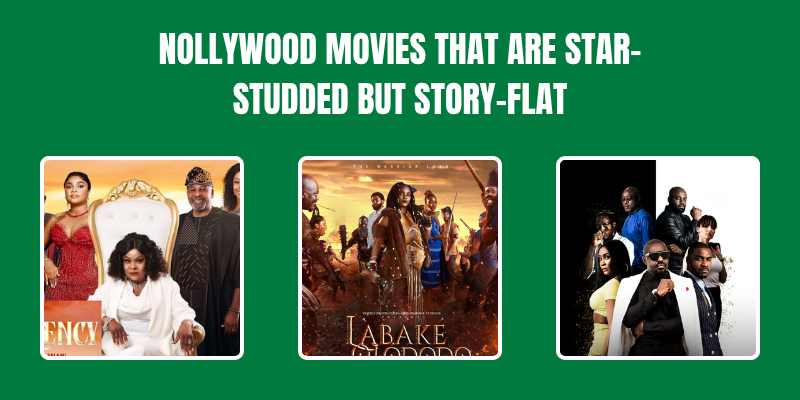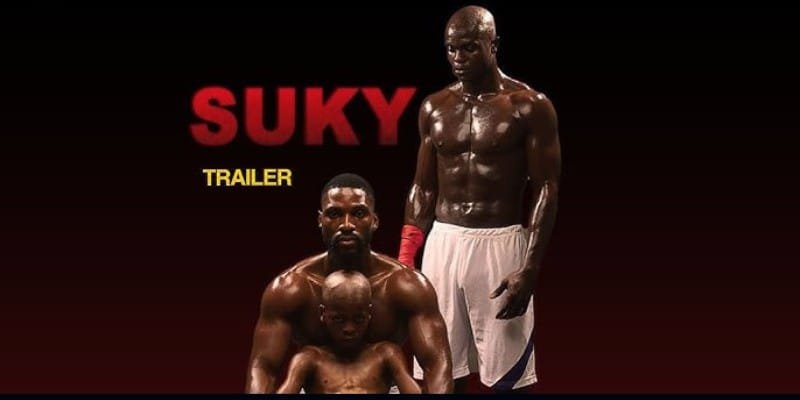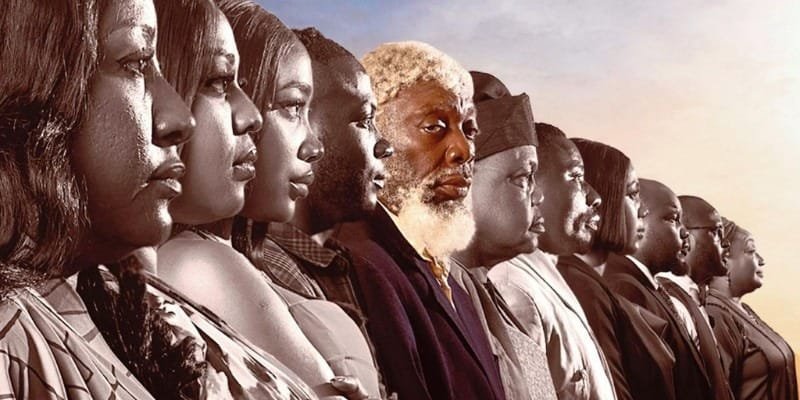Yemi “Filmboy” Morafa, in collaboration with FilmOne Studios, presents a thriller where the gritty streets of the hood collide with the glossy world of Lekki.
At the heart of the film is a man and a kid from completely different worlds, Aburo, a street runner and hustler who’s had to fight for everything he’s ever had, and Tuschel, a once-promising young man now struggling to rebuild his shattered dream after an injury.
When fate brings them together, their lives become entangled in ways neither expected. Both are runners, but they’re not running the same race. While one is chasing redemption, the other is running from well, getting caught.
As their choices pull them deeper into danger, loyalty is tested, dreams are threatened, and survival becomes a game only one might win.
A story of grit, ambition, and the fine line between making it and losing it all.
Plot
The film kicks off with a powerful flashback. Tuschel, once an Olympic medalist, is back on the track with something to prove. Eight years after his last big win, he’s desperate to silence the doubters who call him a one-hit wonder. But just when victory seems close, an old injury strikes mid-race, forcing him to stop, and shattering everything he built.
Fast forward to the present day. We meet Aburo, a lightning-fast street kid whose legs are his only weapon and escape plan. He darts through the chaos of the hood, stealing to survive and handing every loot to Pompei, the ruthless street king. Beneath his rough exterior lies a heart weighed down by responsibility, a sick sister, Rofi, who lives with their aunt and battles a crisis now and then.
One fateful day, Tuschel wanders into the wrong neighbourhood and crosses paths with Aburo, quite literally. Aburo snatches from him and takes off, leading to an electrifying chase that ends with Tuschel in the hospital. There, he meets Dr Edak, a sharp-tongued, no-nonsense doctor with a heart buried under sarcasm. During one of Edak’s community outreaches, Tuschel volunteers… and unexpectedly comes face-to-face with Aburo again.
This time, instead of anger, something clicks. Tuschel sees raw talent, the kind that only the streets can mould. Together with Edak, he decides to train Aburo professionally, hoping to channel that reckless speed into something real. But while dreams are being built, life doesn’t stop throwing punches. Rofi’s health worsens, and Pompei insists she stick to the local “Iya Biliki agbo” instead of proper medical care.
As training intensifies, clashes become constant, with Aburo’s temper versus Tuschel’s pride. Edak plays peacemaker, but secrets still run deep. Meanwhile, we meet Old Soldier, a bitter ex-athlete living through his son Oduwa, the school’s best runner, nicknamed “Breeze.” Oduwa bullies Rofi to hide the bruises from his own father’s frustrations.
Soon, Pompei discovers Aburo’s secret training and issues a deadly warning to Tuschel: “Back off, or else.” Desperate to save his sister, Aburo starts doing menial jobs, his motivation fading fast. But Tuschel, haunted by his own past failures and after Aburo’s loss, steps in once more, reminding Aburo why he started running in the first place.
When Tuschel finally registers Aburo for the big city race, everything, pride, loyalty, redemption, is on the line. Old Soldier teams up with Pompei to stop Aburo from competing. But this time, it’s more than just a race.
It’s the fight between the ghetto and the future, and only one can cross the finish line.
Cast
The cast of Aburo was Pure talent. It’s one of those lineups where everyone just fits. You know that feeling when you watch a movie and think, “Yep, no one else could’ve played that better”? That’s exactly what this is.
At the heart of it is Maleek Sanni as Aburo, and honestly, he ate this role up. We’ve seen him play the “trench kid” before, but this time, it felt different, deeper, more emotional. You could feel every bit of his anger, fear, and heartbreak, especially in his scenes with his sister, Darasimi Nadi. Now, Darasimi? That girl is something special. Her talent is so natural it’s almost scary. For her age, the way she switches between clean English and street-style pidgin is impressive. She’s definitely one to watch.
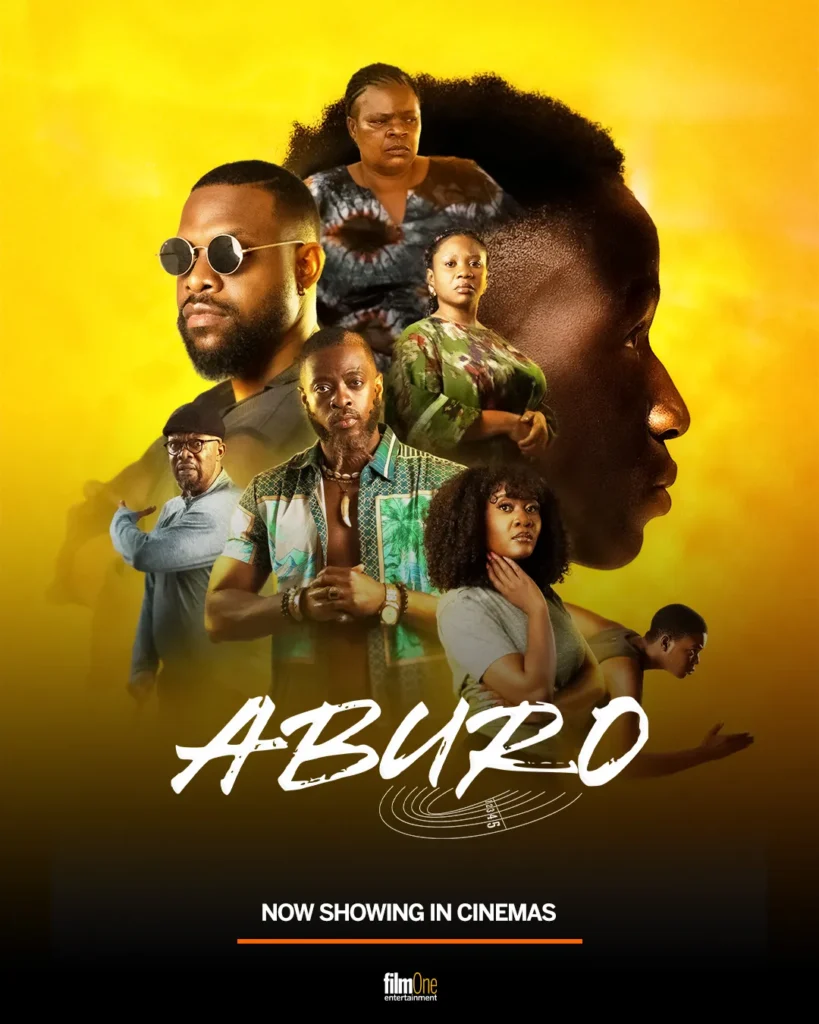
Efa Iwara as Tuschel was, as always, a calm storm. There’s something about the way he carries emotions without overdoing it; he just makes you believe every word, every look.
Toni Tones stepped in as Dr Edak, and while the character itself was a bit of a mixed bag, she still brought that Toni Tones spice, sharp, witty, and unbothered.
Then we have Yemi Craigz as Pompei, and let’s just say, rugged never looked this convincing. He was raw, believable, and absolutely owned that “street boss” energy. And Prince Buchi Unigwe as Oduwa? Pure talent. You can tell he’s not just acting, he’s feeling it.
All in all, Aburo’s cast didn’t just show up; they showed out. Every performance clicked, every emotion landed. It’s the kind of casting that makes you forget you’re watching a movie and not real life.
Language
Aburo delivered a beautiful blend of English, Yoruba, and Pidgin, creating that perfect balance between street authenticity and everyday realism. The language mix didn’t just sound good, it felt right. It gave the film its rhythm, its heart, and that unmistakable Nigerian flavour that made every scene come alive.
Final take
Aburo came packed with a lot of wins, a solid cast, a believable setting, and a fitting costume design (well, except Dr Edak’s wardrobe, which honestly felt a little offbeat for her character). The film also nailed its language mix, balancing English, Yoruba, and Pidgin effortlessly.
Now, about the plot, let’s be honest, it’s nothing groundbreaking. We’ve seen this story play out before: the once-great champion now battling self-doubt, crossing paths with a rough-around-the-edges kid, and of course, catching feelings for the doctor who helps him heal, classic Hollywood formula.
But here’s the thing: that didn’t stop Aburo from being enjoyable. The film stayed engaging because of its strong performances and meaningful storytelling. Every scene had purpose; no fillers, no random detours. It’s one of those films that, despite being familiar, keeps you watching, not for the story itself, but for the heart behind it.







